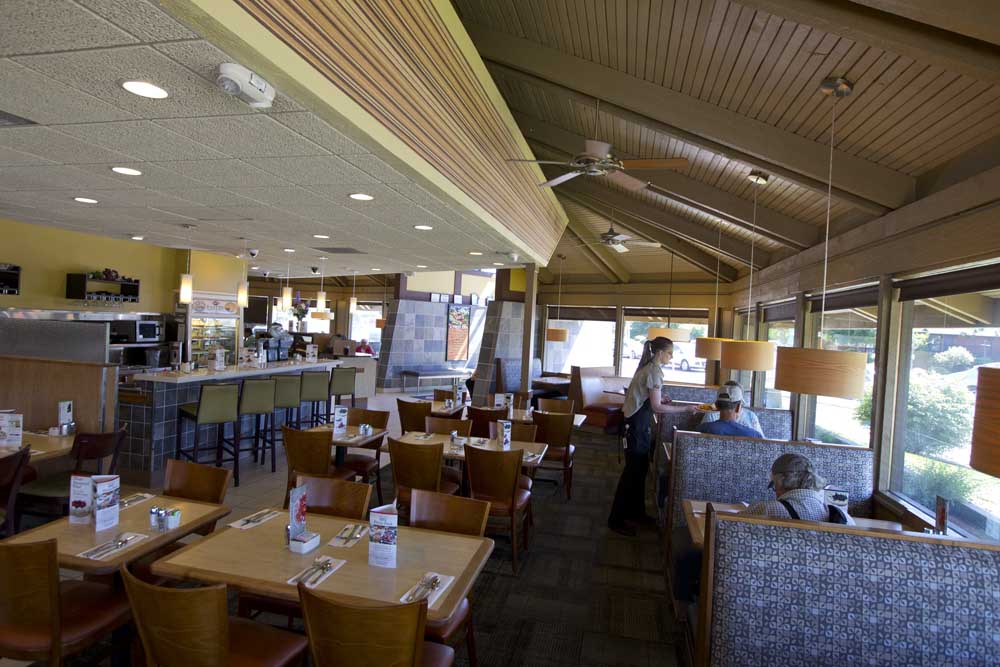Editorial: Online unemployment system can ease long phone call waiting
Published 5:00 am Tuesday, September 3, 2013
Callers who want to ask about unemployment insurance are waiting as long as 3½ hours to speak to someone at Oregon’s call centers. Sometimes they get only a busy signal.
Waits have grown recently, The Oregon Employment Department said in a news release, because the call center workforce is down 17 percent while claims have fallen only 10 percent. Making matters worse in the short term, 27 seasonal positions are not funded for August and September because they’re based on projections rather than demand, according to The Oregonian. Funding comes from the U.S. Department of Labor and is reduced because of budget cuts and lower unemployment. Even with lower unemployment, Oregon made more than 187,000 benefit payments in July.
The frustration of callers is understandable, and state officials themselves declare the situation unacceptable. But it’s hard to justify an infusion of cash to increase call center staffing at a time of budget challenges at all government levels.
That’s especially true given the alternatives available for callers, including online and through an automated phone system. The online system allows people to file or renew claims, submit information about their job search efforts, check the status of their claims, establish direct deposit, change their addresses and more. Callers who can’t solve their problems online or through the automated phone line also have the option to leave a message and await a call back.
The Oregon Employment Department said the problem is occurring across the country, with some states reducing call center hours or even eliminating call centers altogether, depending solely on their online systems. In Oregon, the department has tried to match staffing to peak calling times and has asked employees from other parts of the department to help out. Officials say they’ve also worked to improve the online system and are planning other self-service tools.
Callers who can switch to the online or automated systems can help free phone lines for those with problems or questions that require human attention. It’s not ideal, but it’s a way to conserve resources for critical needs.






